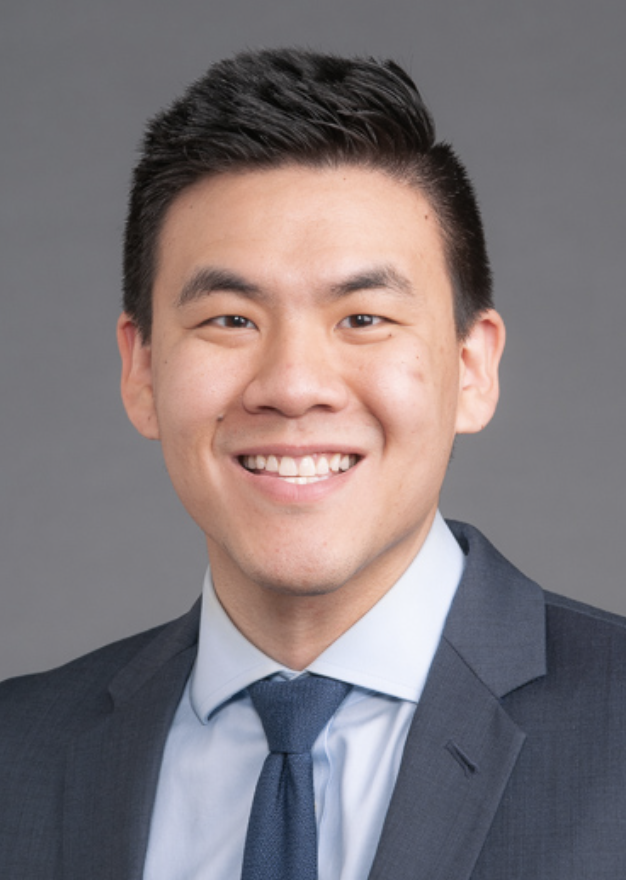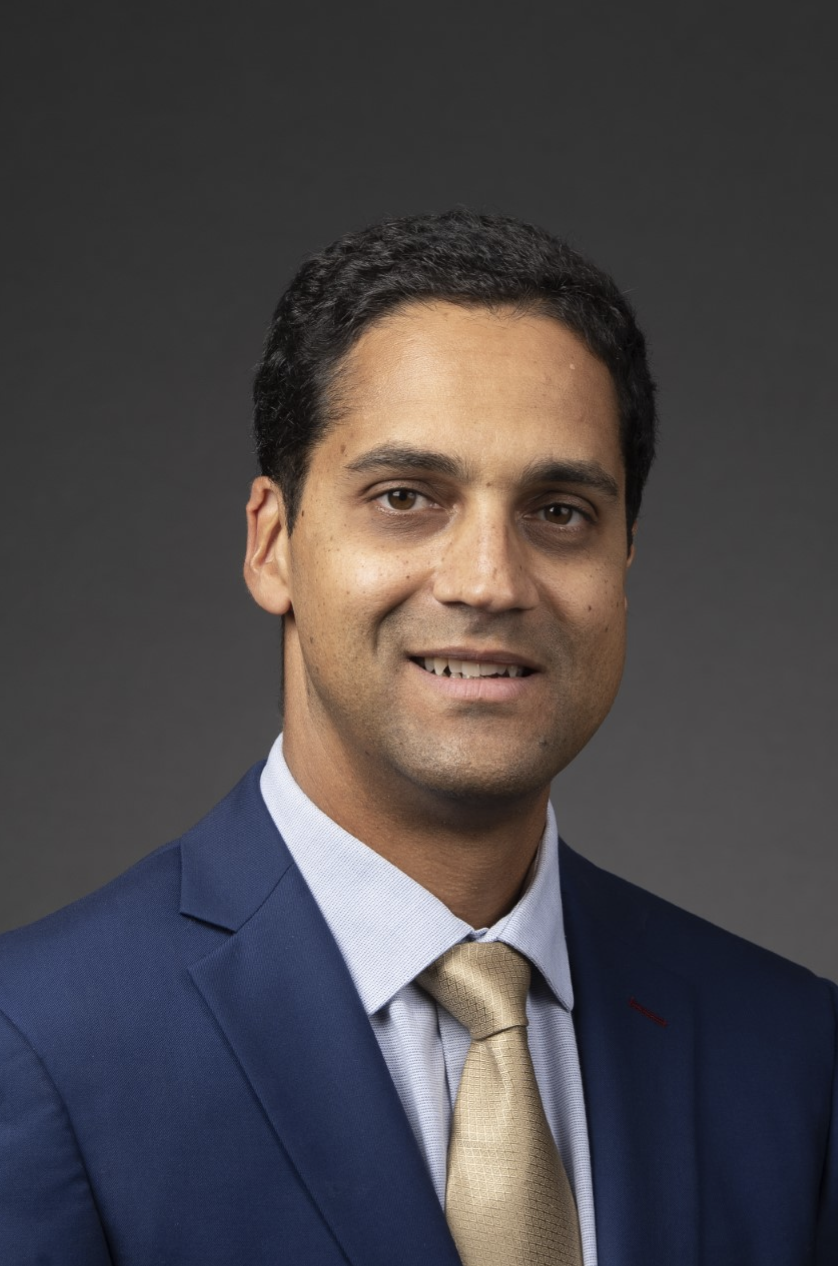Welcome to Research Panel Series
Panel 5 Highlights: “Own The Room, Presenting Your Research”
Written by Tariq Issa & Connor Littlefield (MSOS Education Committee)
Introduction
The “Own The Room, Presenting Your Research” panel was the fifth panel hosted by the MSOS Education Committee as part of the research series “Welcome to Research”. The purpose of this panel was to gather advice from our expert panelists on presenting research at national conferences. We were honored to have these panelists discuss their thoughts.
Panelists
Dr. Hassan Farooq is a current PGY-1 orthopedic resident at Loyola University in Chicago and MSOS resident advisor. He was born in Gujranwala, Pakistan, and later moved to the United States when he was 10 years old. Hassan attended college at Indiana University, where he remained for his medical education. His interest in orthopedic surgery stems from working with inspiring orthopedic surgeons whose actions demonstrated tangible impacts on patients’ lives. Hassan was 1 of 4 students accepted into the IUSM/Clinical and Translational Sciences Institute Medical Student Training Applied Research Fellowship, a 1-year program where he was immersed in mentored orthopedic clinical research. Following his residency training, Hassan hopes to pursue a fellowship in adult reconstruction.
Dr. Kevin Wang is a current PGY-1 orthopedic surgery resident at Harvard Combined Orthopedic Residency Program. He completed his undergraduate and medical education at Wake Forest University in North Carolina. Then, he elected to complete a one year research fellowship at Johns Hopkins in the Department of Orthopedic Spine Surgery prior to matching at Harvard.
Dr. Helena Barber is a current PGY-2 orthopedic resident at Washington University in Saint Louis. She was born in Alexandria, VA and attended undergrad at Williams College. She attended Duke University for medical school. While at Duke, she took advantage of their MS3 curriculum and spent the year working in a mechanical engineering lab researching properties of 3D printed orthopedic implants. She remains undecided on her future subspecialty but hopes to remain involved in implant design.
Dr. Gerard Slobogean is an Associate Professor and Director of Clinical Research in the Department of Orthopedics at the University of Maryland School of Medicine. His clinical practice at R. Adams Cowley Shock Trauma Center focuses on the surgical management of complex extremity fractures. Dr. Slobogean’s research interests focus on large multicenter clinical trials. He co-leads a research network of over 30 clinical sites participating in orthopedic fracture surgery trials.
Dr. Joan Bechtold is the Gustilo Professor of Orthopedic Research and former Vice Chair of research at the University of Minnesota in the Department of Orthopedic Surgery as well as a member of graduate faculty in biomedical engineering. She is a fellow of the Orthopedic Research Society, the International Combined Orthopedic Research Society (ICORS), the American Society of Biomechanics, and the American Institute of Medical and Biological Engineers. Dr. Bechtold's main research focus has been on improving the bone implant interface and bone healing in impaired settings, such as with infection or bone loss. In addition to other leadership positions, she is currently the Deputy Editor of the Journal of Bone & Joint Surgery.
Highlights
“Treat the questions at the end of the abstract presentation as reviewer comments. They can be helpful in developing new ideas.” - Dr. Kevin Wang
“Familiarizing yourself with the topic will add another layer of comfort for the presentation” - Dr. Hassan Farooq
“A diagram or picture can replace a lot of words and increase engagement” – Dr. Helena Barber
“The most important thing for students is to understand the context of their study. What is it? Why are you doing it? Why does it matter?” - Dr. Gerard Slobogean
“Be enthusiastic. People are going to want to listen to what you want to say if you are enthusiastic. It does make a difference” - Dr. Joan Bechtold
“If you meet someone briefly at a conference and click with them, it’s very easy to get someone’s email… be sure to follow up with them.” - Dr. Kevin Wang
“If you don't know the answer to a question, don't try to answer it… If there is a challenging question, a really good way to answer it is to say something that is true and related to the question being asked, and (if your PI is present) follow up with, “My PI on the project is here and would like to contribute to this question as well.'' – Dr. Hassan Farooq
“Hone in the content of your presentation, less words are more.” – Dr. Helena Barber
“Don’t make stuff up if you don’t know the answer to a question. It's okay to defer and say you do not know the answer and say for example ‘that is something we haven’t thought about. I will definitely bring that back to the team.’” - Dr. Gerard Slobogean
“One thing I look for is that the student is actually engaged in the work. They weren’t just going through the motions to do a project that was given to them by someone else”. - Dr. Joan Bechtold
“I don't have high expectations of students. You’re a student and not a national level researcher or clinician yet… So for me, the expectations are basic: Can you deliver your talk in a 6-minute time frame and not go over? Can you stay organized?” - Dr. Gerard Slobogean
“The more you practice, the less your presentation will sound like a reading”. - Dr. Joan Bechtold
Helpful Links for Applicants
Medical Student Research Opportunities – Inside the Match: https://www.insidethematch.com/research-tips/medical-student-research-opportunities
Tips for Presenting a Research Podium: https://www.insidethematch.com/research-tips/tips-for-presenting-a-research-podium
Tips for Attending a conference: https://www.insidethematch.com/medical-school-tips/tips-for-attending-a-conference





